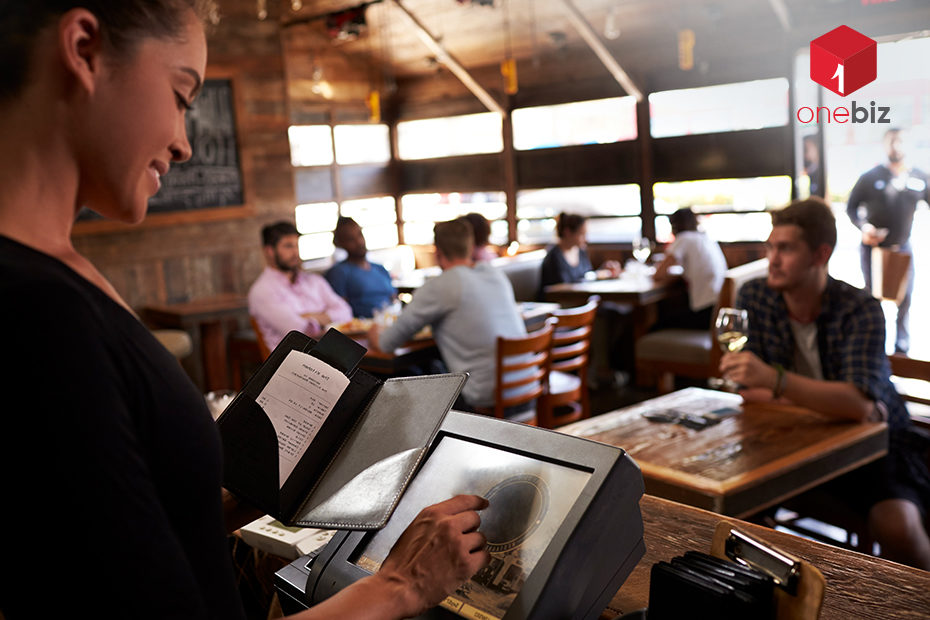In the dynamic realm of the hospitality industry, efficiency and precision are paramount for success. The advent of restaurant management software has revolutionized the way culinary establishments operate, empowering them to seamlessly manage an array of functions. From streamlining inventory management to enhancing customer experiences, restaurant management software has emerged as a cornerstone for data-driven decision-making.
In this article, we will delve into the ways in which restaurant management software transforms raw data into actionable insights, enabling establishments to flourish and cater to the evolving needs of their clientele.
HOW RESTAURANT MANAGEMENT SOFTWARE FACILITATE DATA DRIVEN DECISION-MAKING
Restaurant management software plays a crucial role in enabling data-driven decision-making within the restaurant industry. Here are several ways in which this software facilitates data-driven decision-making:
Data Collection and Centralization:
Restaurant management software collects data from various aspects of operations, including sales, inventory, customer orders, employee performance, and more. It centralizes this data, making it easily accessible and providing a comprehensive view of the restaurant’s operations.
Real-time Data Analysis:
Modern restaurant management software often includes real-time analytics capabilities. This allows restaurant owners and managers to access up-to-date information about sales trends, customer preferences, inventory levels, and employee performance. Real-time data analysis enables quick and informed decision-making.
Predictive Analysis and Forecasting:
Advanced restaurant management software utilizes predictive analytics to forecast future trends and outcomes based on historical data. This can assist in predicting customer demand, optimizing inventory levels, and planning staffing requirements, helping restaurants make proactive decisions.
Inventory Management and Cost Control:
Restaurant management software helps in tracking inventory levels, calculating the cost of goods sold, and managing supplier relationships. By analyzing this data, restaurant owners can identify trends, reduce wastage, optimize purchasing, and control costs effectively.
Menu Optimization:
Analyzing data on customer preferences, popular dishes, and sales trends helps in menu optimization. Restaurants can modify their menu offerings, pricing, and promotions based on data insights, ensuring they align with customer demands and maximize profitability.
Customer Insights and Feedback Analysis:
Restaurant management software often integrates customer feedback systems. Analyzing this feedback provides valuable insights into customer preferences, satisfaction levels, and areas for improvement. Data-driven decisions can be made to enhance the overall dining experience and customer retention.
Staffing and Scheduling Optimization:
Data on historical sales patterns and foot traffic helps in optimizing staffing levels and scheduling. Managers can allocate resources efficiently, ensuring optimal customer service during peak hours while controlling labor costs during slower periods.
Targeted Marketing and Promotions:
By analyzing customer data, such as purchasing habits and preferences, restaurant management software helps in creating targeted marketing campaigns and promotions. These campaigns are more likely to resonate with customers, resulting in increased sales and customer engagement.
Compliance and Reporting:
Restaurant management software assists in tracking and ensuring compliance with regulatory requirements. It generates detailed reports and analytics, aiding in monitoring adherence to health and safety standards, tax regulations, and other legal obligations.
Integration with Other Systems:
Restaurant management software often integrates with other tools like accounting software, point-of-sale systems, and payroll systems. This seamless integration enhances data accuracy and enables a comprehensive view of the restaurant’s financial performance.
In the ever-evolving landscape of the restaurant industry, embracing technology like restaurant management software is no longer an option but a necessity. This digital solution empowers restaurant owners and managers to harness the power of data, making informed decisions that resonate with the market and their customers. From optimizing inventory and staffing levels to tailoring marketing strategies, the utilization of restaurant management software ensures that every aspect of the business is finely tuned for success. As the industry continues to evolve, restaurant management software remains an invaluable asset, propelling establishments towards efficiency, profitability, and unparalleled customer satisfaction.
